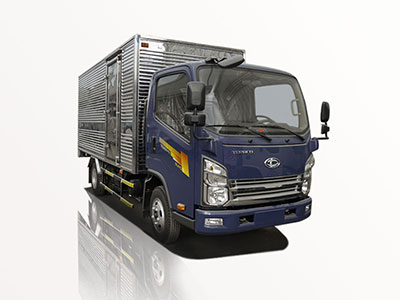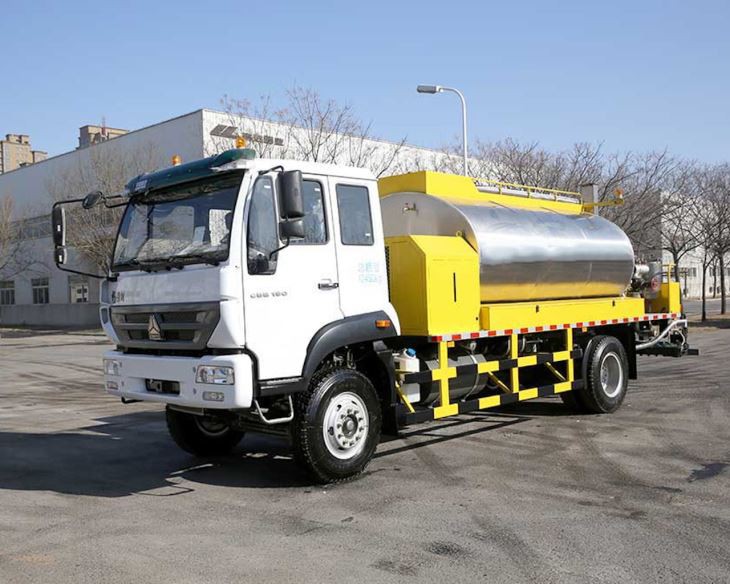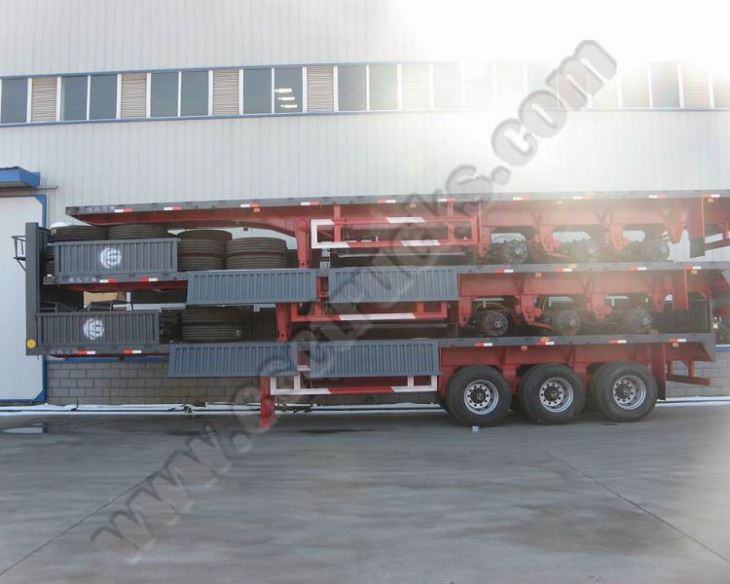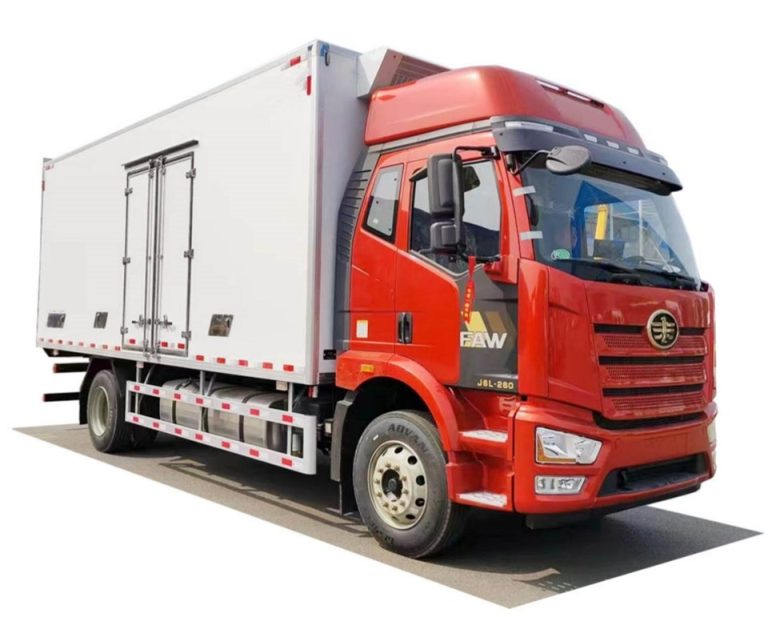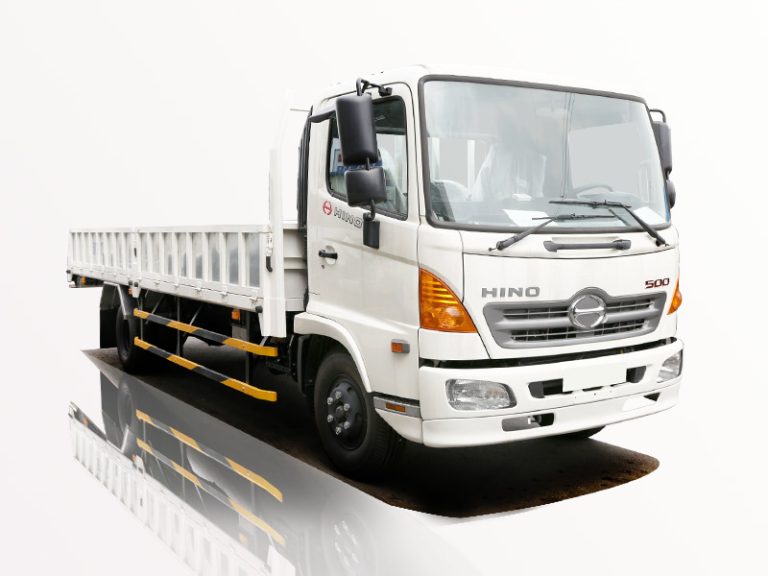Chemical tanker trailers are critical for the transportation of various chemicals, both hazardous and non-hazardous. With their specialized design and functionality, these trailers ensure that chemicals are delivered safely and efficiently. This article provides a comprehensive overview of chemical tanker trailers, discussing their features, types, uses, maintenance, safety protocols, and more.
Understanding Chemical Tanker Trailers
What is a Chemical Tanker Trailer?
A chemical tanker trailer is a specialized vehicle designed to transport liquid chemicals. These trailers are engineered to handle different substances, which can range from benign liquids to hazardous materials. The design includes thick walls and specialized fitting to prevent leaks and spills during transportation.
The Importance of Chemical Tanker Trailers
Chemical tanker trailers play a vital role in various industries, including agriculture, construction, and manufacturing. They ensure that essential materials are moved safely, directly affecting production processes and supply chains.
Types of Chemical Tanker Trailers
Uninsulated Chemical Tankers
Uninsulated chemical tankers are primarily used for transporting basic chemicals that do not require temperature control. These trailers are lighter and more economical, making them suitable for various applications.
Insulated Chemical Tankers
Insulated chemical tankers are equipped with thermal insulation to maintain specific temperatures during transport. This design is crucial for transporting temperature-sensitive chemicals, preventing degradation or chemical reactions.
Cylindrical vs. Rectangular Tankers
The shape of chemical tankers also varies. Cylindrical tankers are more common due to their strength and ability to handle pressure better than rectangular tankers. However, the choice depends on the type of cargo and specific transportation needs.
Features of Chemical Tanker Trailers
Construction Materials
Chemical tanker trailers are typically made from stainless steel or aluminum. Stainless steel offers excellent corrosion resistance, making it suitable for transporting corrosive substances, while aluminum provides a lighter alternative for less hazardous materials.
Tank Design
The design often includes baffles, which are internal dividers that help control liquid slosh during transportation. This feature enhances vehicle stability and control.
Loading and Unloading Mechanisms
Chemical tanker trailers are equipped with various loading and unloading systems, including pumps, gravity-fed systems, and air-operated systems, ensuring efficient handling of chemicals at loading docks.
Using Chemical Tanker Trailers: Practical Examples
Transporting Acids
When transporting acids like sulfuric acid, specialized tanks with corrosion-resistant coatings are used. Proper PPE, such as gloves and goggles, is mandated during loading and unloading procedures.
Transporting Food-Grade Chemicals
Food-grade chemicals, such as glycerin, require stringent hygiene standards. Chemical tanker trailers designed for food transport have smooth interiors and are frequently sanitized to prevent contamination.
Transportation in the Oil Industry
Chemical tanker trailers are essential for transporting fuel additives and other chemicals in the oil industry. These trailers often have heating systems to prevent the thickening of fluids during cold weather.
Maintenance of Chemical Tanker Trailers
Routine Inspections
Regular inspections are crucial for the safe operation of chemical tanker trailers. Important components to check include:
- Tank integrity and signs of corrosion
- Pumps and valves for functionality
- Braking systems
Cleaning Protocols
Post-transport cleaning is essential, especially when changing the type of chemical being transported. Follow industry-specific cleaning guidelines to avoid contamination or chemical reactions.
Record Keeping
Maintaining logs of maintenance and inspections is essential for compliance with safety regulations and insurance requirements. Document all repairs, inspections, and cleaning activities.
Safety Considerations When Using Chemical Tanker Trailers
Regulatory Compliance
Adhere to local and international regulations governing the transportation of hazardous materials, such as the Department of Transportation (DOT) and the UN Recommendations on the Transport of Dangerous Goods.
Emergency Preparedness
Develop emergency response plans for spills and accidents. Conduct safety drills to ensure that all personnel are aware of their roles during such events. Equip trailers with necessary safety gear, like spill kits and fire extinguishers.
Driver Training
Ensure all drivers are trained in handling hazardous materials. This training should include understanding chemical properties, spill response procedures, and safe driving techniques under varying conditions.
The Future of Chemical Tanker Trailers
Innovations in Design
New technologies are emerging in the design of chemical tanker trailers. Lightweight materials, smart sensors for real-time monitoring, and automated loading systems are expected to enhance safety and efficiency.
Environmental Considerations
As sustainability becomes a priority, chemical tanker trailers are likely to evolve to minimize environmental impacts. This includes using eco-friendly materials and advanced seal technology to reduce emissions during transport.
Integration of Technology
Advanced telematics and tracking systems will enable better route planning, leading to reduced fuel consumption and lower operational costs. This technology also enhances security and monitoring during transit.
Frequently Asked Questions (FAQs)
1. What is the capacity of a typical chemical tanker trailer?
A typical chemical tanker trailer can hold anywhere from 5,000 to 40,000 liters of liquid, depending on its design and intended use.
2. Are chemical tanker trailers safe to operate?
Yes, chemical tanker trailers can be operated safely when proper safety protocols and maintenance procedures are followed. Regular training for drivers is also essential.
3. What types of chemicals can be transported in these trailers?
Chemical tanker trailers are versatile and can transport various liquids, including acids, bases, food-grade chemicals, and petroleum products, depending on their design and materials.
4. How often should chemical tanker trailers be inspected?
Inspection frequency can vary based on regulatory requirements and usage. However, a thorough inspection is generally recommended before every major trip and quarterly for routine maintenance.
5. What are the common cleaning procedures for chemical tanker trailers?
Common cleaning procedures include flushing with water, using chemical cleaners specific to the substances transported, and ensuring that all residues are removed before loading a different type of chemical.
6. What training is required for drivers of chemical tanker trailers?
Drivers should undergo training on hazardous materials handling, emergency response procedures, and vehicle operation tailored to specific vehicle types and loads.
| Trailer Type | Material | Used For |
|---|---|---|
| Uninsulated Tanker | Aluminum | Basic Chemicals |
| Insulated Tanker | Stainless Steel | Temperature-Sensitive Chemicals |
| Food-Grade Tanker | Stainless Steel | Food Ingredients |
| Cylindrical Tanker | Stainless Steel/Aluminum | Various Chemicals |

